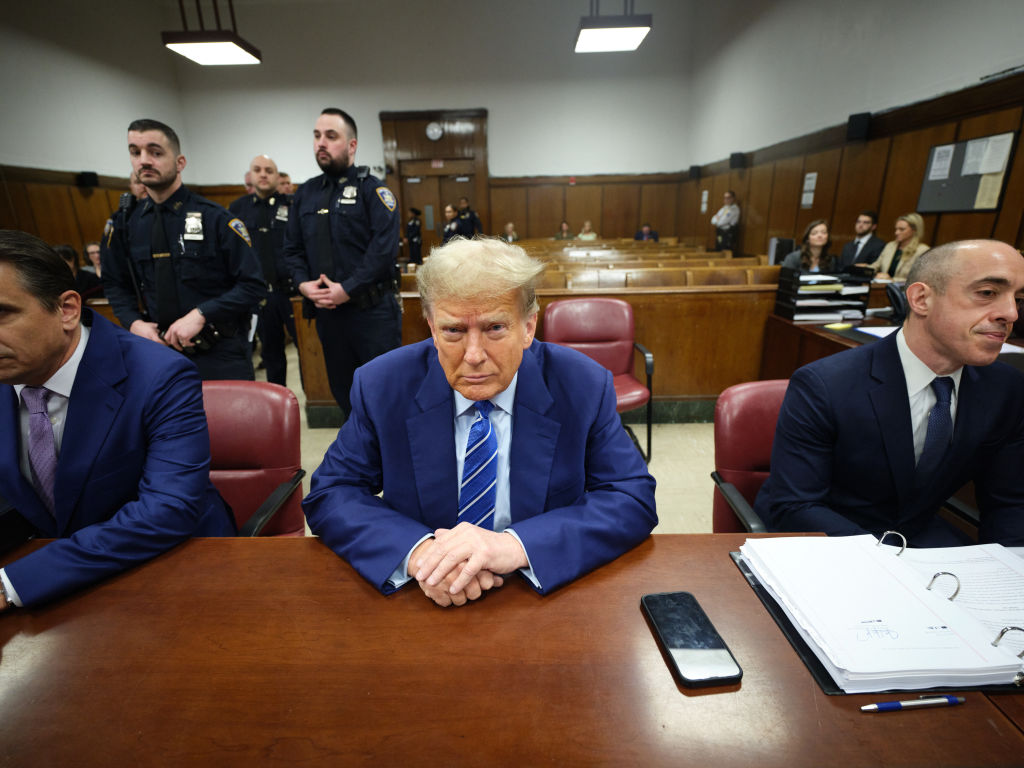Apple has decided to ban two possibly hazardous chemicals from the final assembly of its iPhones and iPads to protect factory workers.
Apple announced the decision on Wednesday, five months after China Labor Watch and others petitioned Apple to stop using benzene and n-hexane in its iPhone production, according to the Associated Press. Despite an investigation at 22 factories that yielded no evidence that the chemicals were dangerous to workers, Apple has decided to make its suppliers stop using the chemicals and test to make sure the chemicals aren't present in its other materials.
The Associated Press reported:
Benzene is a carcinogen that can cause leukemia if not handled properly and n-hexane has been linked to nerve damage. The substances are often found in solvents used to clean machinery and electronics.
Apple will still be using the chemicals in the first phases of production, but will be lowering the amount of the chemicals as a whole in its devices.
"This is doing everything we can think of to do to crack down on chemical exposures and to be responsive to concerns," Lisa Jackson, Apple's vice president of environmental initiatives, told the Associated Press. "We think it's really important that we show some leadership and really look toward the future by trying to use greener chemistries."
U.S. & World
Apple's suppliers are all third-party contractors in China where Apple has faced criticism over worker conditions and suicides. However, the ban will also affect its Brazil, Ireland and U.S. factories.
"This is a good first step," Elizabeth O'Connell, Green America's campaign director said. "I hope they will continue to remove the most dangerous chemicals to human health or find ways to reduce the exposure."
The two chemicals are commonly used in the production of electronics and are also found in gasoline, cigarettes, paints and glues, the Associated Press reported. Apple's factories still used a lot of toxic materials, and Apple's chief executive Tim Cook said he hoped that Apple may "see that list get shorter."



